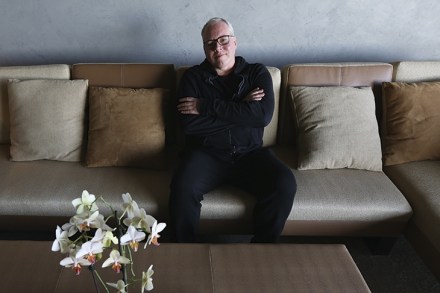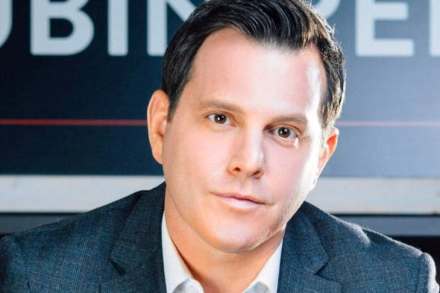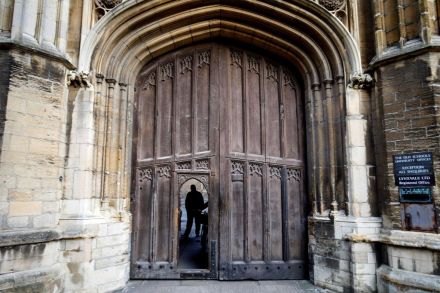‘Come on: cancel me’
‘I grew up in LA where we all thought fame was a joke,’ says Bret Easton Ellis. ‘My class was filled with people from Laura Dern to the girls in Little House on the Prairie. And it always seemed a bit of a joke. I never really imagined that was on the cards for me. And I really haven’t done a lot of the things that you’re supposed to do to stay famous. ‘I haven’t published anything in ten years. I haven’t tried to write that novel that’s going to give critical acclaim or a prize or two — which I’ve never won. And I seem to be continually controversial




















